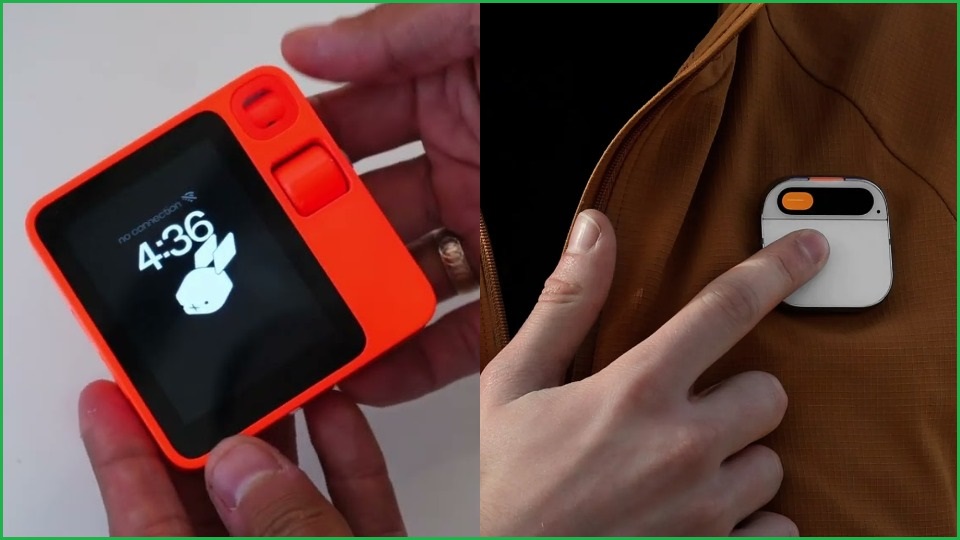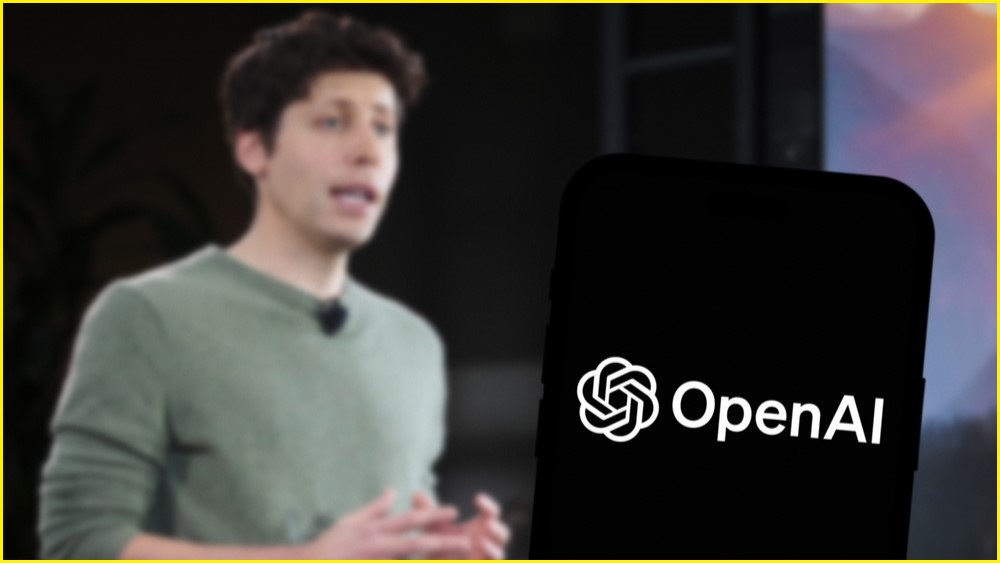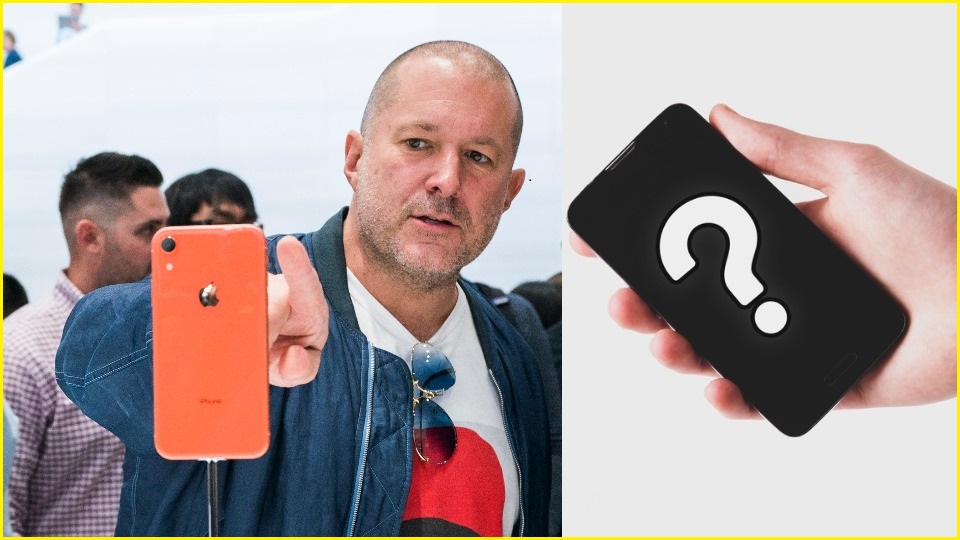Former Apple designer Jony Ive has confirmed he is working on a new device with artificial intelligence company and ChatGPT creator OpenAI.
Ive, who helped design the iPhone and many other devices during his 27 years at Apple, was rumoured to have been collaborating with OpenAI CEO Sam Altman as early as 2023.
Confirmation of their project came in a New York Times profile of Ive on 21 September, which reported Ive was using a building he purchased in the US city of San Francisco as “the headquarters of a new, artificial intelligence device company that he is developing with OpenAI”.
According to the profile, Ive met Altman through Airbnb CEO Brian Chesky after Ive’s design firm LoveFrom helped redesign the travel company’s review system.
"Mr Altman and Mr Ive talked about how generative AI made it possible to create a new computing device because the technology could do more for users than traditional software since it could summarize and prioritize messages, identify and name objects like plants and eventually field complex requests like booking travel,” wrote Silicon Valley reporter Tripp Mickle.
Ive and Altman reportedly met several more times before they agreed to create a product together, with Ive’s LoveFrom to handle its design.
While the project was being worked on in secret, Mickle reported there were plans for “a product that uses AI to create a computing experience that is less socially disruptive than the iPhone".
Australian designer Marc Newson, who co-founded LoveFrom, told the Times that exactly what the product would be and when it would be released were still being determined.
AI-focused consumer devices have so far struggled to capture the market, despite the initial hype around many of them.
Humane, a company also founded by former Apple employees, shipped its AI pin in April, but received mostly negative reviews.
Rabbit’s AI personal assistant device r1 launched in March but suffered a similar fate.

Rabbit's r1 AI personal assistant (left) and Humane's AI pin (right) failed to gain widespread appeal. Photos: Supplied
Other former Apple designers involved
Ive has reportedly hired around 10 employees for the project with OpenAI, including Evans Hankey, who succeeded Ive as chief design officer at Apple; and Tang Tan, a former vice president of product design at Apple.
The group is said to have spent $88 million ($US60 million) on its office space in San Francisco.
Money for the project has been raised privately, Mickle reported, including from Ive himself as well as from Emerson Collective, a company founded by Laurene Powell Jobs, the widow of late Apple co-founder Steve Jobs.
The project could raise up to $1.46 billion ($US1 billion) from tech investors by the end of 2024, Mickle said.
Japanese billionaire Masayoshi Son, the CEO of investment company SoftBank, was reportedly in talks last year to invest his own $1.46 billion ($US1 billion) in the project.
Altman argues AI will bring ‘unimaginable’ prosperity
Altman, while yet to publicly comment on the AI device OpenAI was developing with LoveFrom, wrote in a blog post on Tuesday that AI would create “shared prosperity to a degree that seems unimaginable today”, but argued it needed to be available to everyone.
“If we want to put AI into the hands of as many people as possible, we need to drive down the cost of compute and make it abundant (which requires lots of energy and chips),” Altman wrote.
“If we don’t build enough infrastructure, AI will be a very limited resource that wars get fought over and that becomes mostly a tool for rich people.”

OpenAI CEO Sam Altman argues driving down the cost of AI will help get it 'into the hands of as many people as possible'. Photo: Shutterstock
Altman argued that AI would allow individuals to have autonomous personal assistants, would improve scientific research, would fix climate change, and would help to establish a colony in space.
Humanity was at “the dawn of the Intelligence Age”, Altman said, but he also suggested it would “not be an entirely positive story” and predicted “a significant change in labor markets (good and bad) in the coming years”.
“But most jobs will change more slowly than most people think, and I have no fear that we’ll run out of things to do (even if they don’t look like “real jobs” to us today),” he wrote.
“People have an innate desire to create and to be useful to each other, and AI will allow us to amplify our own abilities like never before.”
Altman posited that it was possible for humans to create superintelligence — essentially systems which were smarter than humans — in “a few thousand days”.
“It may take longer, but I’m confident we’ll get there,” he said.
OpenAI unveiled its first AI model with “advance reasoning” capabilities earlier this month, which the company said showed “significant advancement” in completing complex tasks.










